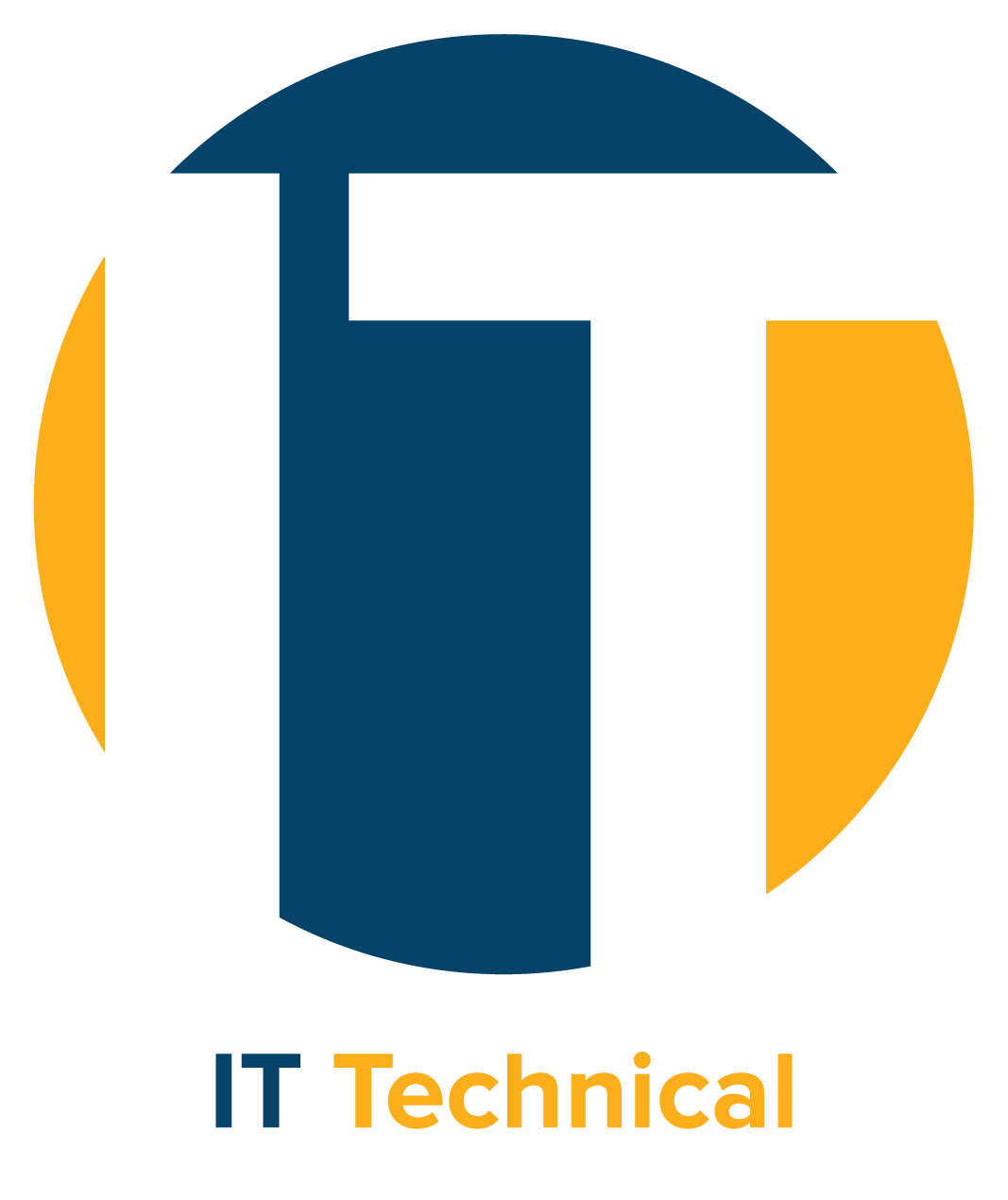


A database (also known as databank) is a collection of information that is organised so that it is easy to find, retrieve and change individual bits of data or information. Database refers to both the information stored and the software that is used to interpret the often very complex data structure stored on a hard disk. Databases are accessed through an interface, the most common database interface currently is Microsoft ODBX and Sun Microsystems JDBC. Database courses have become imperative to business success as businesses have become more and more reliant on computers to function, and it is more important to be able to save data in a secure way. Delegates that have up-to-date knowledge in SQL and Database software and developments are both desirable and successful in their careers.
A relational database typically consists of a database with tables, that are known as relations, and stores the information in rows of tables. Today, data can be saved in a variety of different formats in not just text and numeric data formats but also as images, audio and video. Today, all major DBMS / databases, relational databases use a form of data language - SQL - to define and search through the data and information stored within the database. With the advancements of the Internet and World Wide Web, it is also possible to access data in relational databases on the Web via the other computer languages such as PHP and Sun Microsystems JSP.
Databases and SQL, Structured Query Language, refers to the language specifically written for IT Professionals, including Users, Developers and Administrators to allow them to communicate with a Database. Delegates that have up-to-date knowledge in SQL and Database software and developments are both desirable and successful in their careers.
Learn how to use databases like SQL servers, Microsoft Access, FileMaker Pro, and more. Understand fundamentals like the MySQL language, then learn to execute CRUD routines as well as triggers, functions, and stored procedures.
Local, instructor-led live Database (DB) or Database Management System (DBMS) training courses are aimed at both system administrators as well as developers and demonstrate through hands-on practice how to administer Database systems as well as how to integrate a Database with software applications.
Database training is available as "onsite live training" or "remote live training". Onsite live Database trainings in the US can be carried out locally on customer premises or in NobleProg corporate training centers. Remote live training is carried out by way of an interactive, remote desktop.
Database Administration alludes to the entire activities performed by a database administrator to ensure that a database is constantly accessible as required. Other firmly related tasks and roles are database Security , database monitoring & troubleshooting future development. Database administration is an imperative function in any organization that is dependent on one or more databases.
This database courses category includes the complete set of tools and technologies for working with the most popular database systems. Databases are finding increased importance in today’s world where data is being created and stored at a never before seen pace. The database is able to store and retrieve the data in a way that is modeled on the real-world requirements and which helps in processing the data faster. Thus, there is a huge need for professionals who are well-versed in the database domain and the salaries are also really good.
Popular courses are Dimensional Modelling
PostgreSQL
MySQL
If you need training for 3 or more people, you should ask us about onsite training. Putting aside the obvious location benefit, content can be customised to better meet your business objectives and more can be covered than in a public classroom. It's a cost effective option. One on one training can be delivered too, at reasonable rates.
Submit an enquiry from any page on this site, and let us know you are interested in the requirements box, or simply mention it when we contact you.
All $ prices are in USD unless it’s a NZ or AU date
SPVC = Self Paced Virtual Class
LVC = Live Virtual Class
Our clients have included prestigious national organisations such as Oxford University Press, multi-national private corporations such as JP Morgan and HSBC, as well as public sector institutions such as the Department of Defence and the Department of Health.












